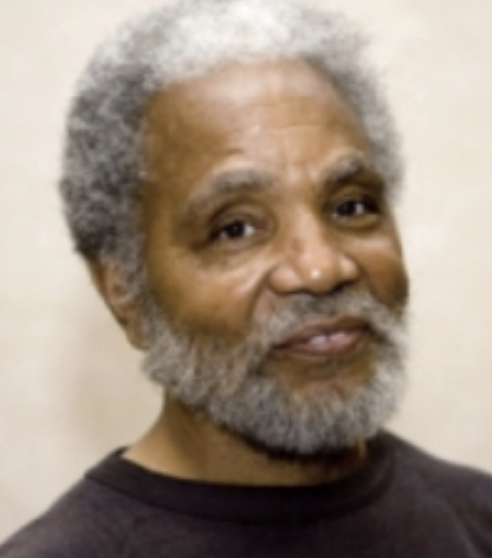On this date in 1937, politician Ernest Chambers, known as “the Maverick of Omaha” and “defender of the downtrodden,” was born in Omaha, Neb. Chambers understood early on the power of protest and of grassroots organizing, standing up for civil rights as a youth and emerging as a leader of African-American youths in Omaha. He graduated from Creighton University School of Law and was first elected to the unicameral legislature as a state senator in 1970, the only black member of the legislature in an overwhelmingly white, ultraconservative state.
Chambers became known for defending the rights of women, gays and lesbians and people of color. He challenged legislative prayers in the 1983 Supreme Court case Marsh v. Chambers, and although the court ruled against him, Chambers was successful in subsequently persuading the Senate to drop payment for prayers.
Rita Swan of Children’s Healthcare is a Legal Duty (CHILD) said in 2005, “Nebraska is the only state in the country that has never had a religious exemption to child neglect in either the juvenile or criminal codes and that distinction is due to Ernie’s forceful opposition and vigilance. Nebraska is one of four states without a religious exemption to metabolic screening of newborns and that again is because of Ernie’s leadership.” CHILD presented Chambers with its child advocacy service award for successfully arguing that “no parent should have a religious right to deprive a child of necessary health care” and keeping a religious exemption to health care from being enacted in that state.
Chambers cleverly filed a lawsuit in 2007 (Chambers v. God) to make a point about frivolous lawsuits. Chambers, who identifies as nonreligious without using a label, sought a permanent injunction against the defendant for making terroristic threats against him and his constituents, of inspiring fear and causing “widespread death, destruction and terrorization of millions upon millions of the Earth’s inhabitants.” In October 2008 the judge threw out his lawsuit, whimsically ruling that the defendant wasn’t properly served due to his unlisted home address.
Chambers, accepting FFRF’s Hero of the First Amendment Award in 2005, commented, “What I would do, from time to time, is mock, taunt, and ridicule my colleagues for injecting religion and Jesus into the legislature.” His political opponents, in a successful effort to finally unseat him from the Senate when they could not do so electorally, passed a law in 2000 establishing term limits so he was unable to seek reelection in 2008. He was reelected in 2012 and 2016 to four-year terms. In 2015, FFRF awarded Chambers its Emperor Has No Clothes Award.

